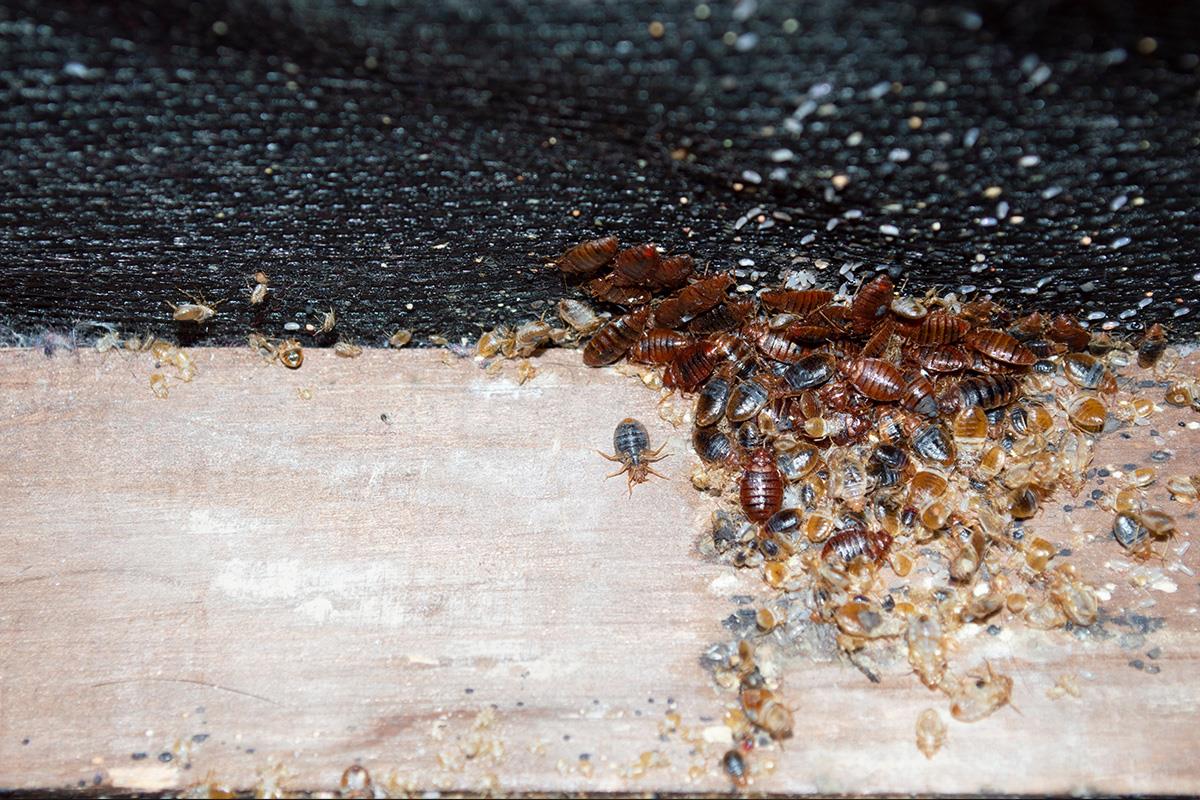Bed bugs are insects that pose a serious health and social problem because they reproduce quickly and are difficult to eliminate. They commonly inhabit beds, furniture, and cracks in walls, and spread through luggage and bags. Their bites cause itching, allergic reactions, and can lead to secondary infections. Bed bugs are active year-round and can survive without food for up to six months. Controlling bed bugs is a complex process requiring a combination of mechanical methods, heat treatment, and biocides, and due to resistance to certain chemicals, treatments must be repeated. Prevention includes careful inspection of luggage and clothing after travel. Bed bugs are a significant public health challenge, and their control should be conducted by specialized institutions.
Political Perspectives:
Left: Left-leaning sources tend to emphasize the public health risks posed by bed bugs, highlighting the social impact on affected individuals, including psychological stress and the need for government-supported pest control programs. They may also focus on the challenges faced by lower-income populations in managing infestations.
Center: Center-leaning sources provide balanced information focusing on practical advice for identification, prevention, and control of bed bugs. They emphasize scientific facts about bed bug biology, transmission, and treatment methods, aiming to inform the general public without political bias.
Right: Right-leaning sources may focus on personal responsibility for prevention and control of bed bugs, stressing the importance of individual vigilance when traveling and maintaining cleanliness. They might also highlight the economic impact of infestations on businesses like hotels and advocate for private sector solutions.


















